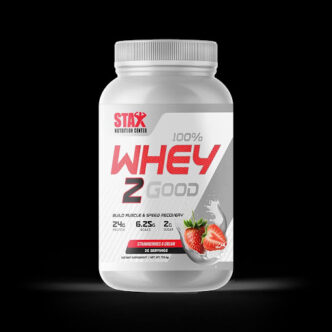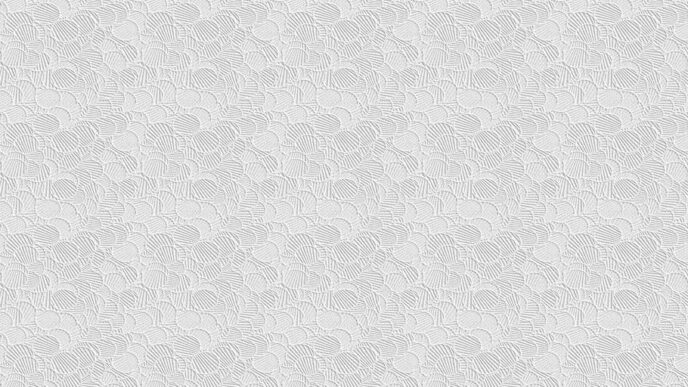Introduction
Whey protein powder is one of the most popular supplements in the fitness world. Known for its ability to aid muscle growth and recovery, it also plays a significant role in weight loss. Whether you’re looking to shed excess fat or build lean muscle, whey protein can be a powerful tool in achieving your fitness goals. This article explores how whey protein powder supports weight loss and lean muscle gain, backed by science and practical application.
What is Whey Protein?
Whey protein is a high-quality protein derived from milk during the cheese-making process. It is a complete protein, meaning it contains all nine essential amino acids required for muscle repair and growth. Whey protein is quickly absorbed by the body, making it an ideal supplement for post-workout recovery and muscle maintenance.
Types of Whey Protein
There are three main types of whey protein:
- Whey Protein Concentrate (WPC) – Contains moderate amounts of protein (70-80%) along with some lactose and fats.
- Whey Protein Isolate (WPI) – Contains over 90% protein and minimal lactose and fats, making it ideal for weight loss.
- Whey Protein Hydrolysate (WPH) – Pre-digested for faster absorption, commonly used in medical and sports nutrition.
How Whey Protein Supports Weight Loss
1. Promotes Satiety and Reduces Hunger
Whey protein is highly satiating, meaning it keeps you feeling full for longer. Studies show that high-protein diets help regulate appetite by reducing levels of the hunger hormone ghrelin and increasing levels of satiety hormones such as peptide YY (PYY) and glucagon-like peptide-1 (GLP-1).
Key Takeaway: Replacing snacks or high-carb meals with a whey protein shake can help control cravings and reduce overall calorie intake.
2. Boosts Metabolism and Fat Burning
Protein has a high thermic effect of food (TEF), which means the body burns more calories digesting protein compared to carbohydrates and fats. Whey protein enhances metabolism, promoting greater calorie burn throughout the day.
Key Takeaway: Adding whey protein to your diet can help increase calorie expenditure, even at rest.
3. Preserves Lean Muscle Mass
When cutting calories to lose weight, muscle loss can be a major concern. Consuming whey protein helps preserve lean muscle mass while promoting fat loss. This is especially important because muscle burns more calories than fat, contributing to long-term weight management.
Key Takeaway: Whey protein helps maintain muscle while reducing fat, leading to a leaner physique.
4. Supports Fat Loss, Not Just Weight Loss
Losing weight isn’t just about the number on the scale; it’s about losing fat while maintaining muscle. Studies have shown that whey protein supplementation, combined with resistance training, enhances fat loss while retaining lean muscle mass.
Key Takeaway: Whey protein helps sculpt a toned body rather than just reducing overall weight.
How Whey Protein Aids Lean Muscle Gain
1. Provides Essential Amino Acids for Muscle Growth
Whey protein is rich in branched-chain amino acids (BCAAs), particularly leucine, which plays a crucial role in muscle protein synthesis. Consuming whey protein post-workout enhances recovery and muscle growth.
Key Takeaway: Whey protein provides the essential building blocks for muscle repair and development.
2. Enhances Post-Workout Recovery
Intense workouts cause micro-tears in muscle fibers, requiring protein to repair and grow stronger. Whey protein’s fast absorption ensures that muscles receive the necessary nutrients quickly, reducing soreness and improving recovery time.
Key Takeaway: Faster recovery allows for more frequent and intense workouts, leading to greater muscle gains.
3. Improves Strength and Performance
Research suggests that whey protein supplementation enhances muscle strength, endurance, and exercise performance when combined with resistance training. This makes it an ideal choice for athletes and fitness enthusiasts looking to improve their physical performance.
Key Takeaway: Whey protein helps build strength, allowing for better workout performance and muscle growth.
How to Use Whey Protein for Weight Loss and Lean Muscle Gain
- For Weight Loss: Replace one meal or snack with a whey protein shake to reduce calorie intake while staying full.
- For Muscle Gain: Consume a whey protein shake post-workout to support muscle recovery and growth.
- Ideal Dosage: Aim for 20-30g of whey protein per serving, depending on your fitness goals and dietary needs.
Conclusion
Whey protein powder is a powerful supplement for both whey protein isolate for weight loss and lean muscle gain. By promoting satiety, boosting metabolism, and preserving muscle mass, it helps individuals achieve a toned and fit physique. When combined with a balanced diet and regular exercise, whey protein can be an invaluable tool in your fitness journey. Whether your goal is fat loss, muscle growth, or overall health improvement, incorporating whey protein into your routine can help you reach your desired results more effectively.













